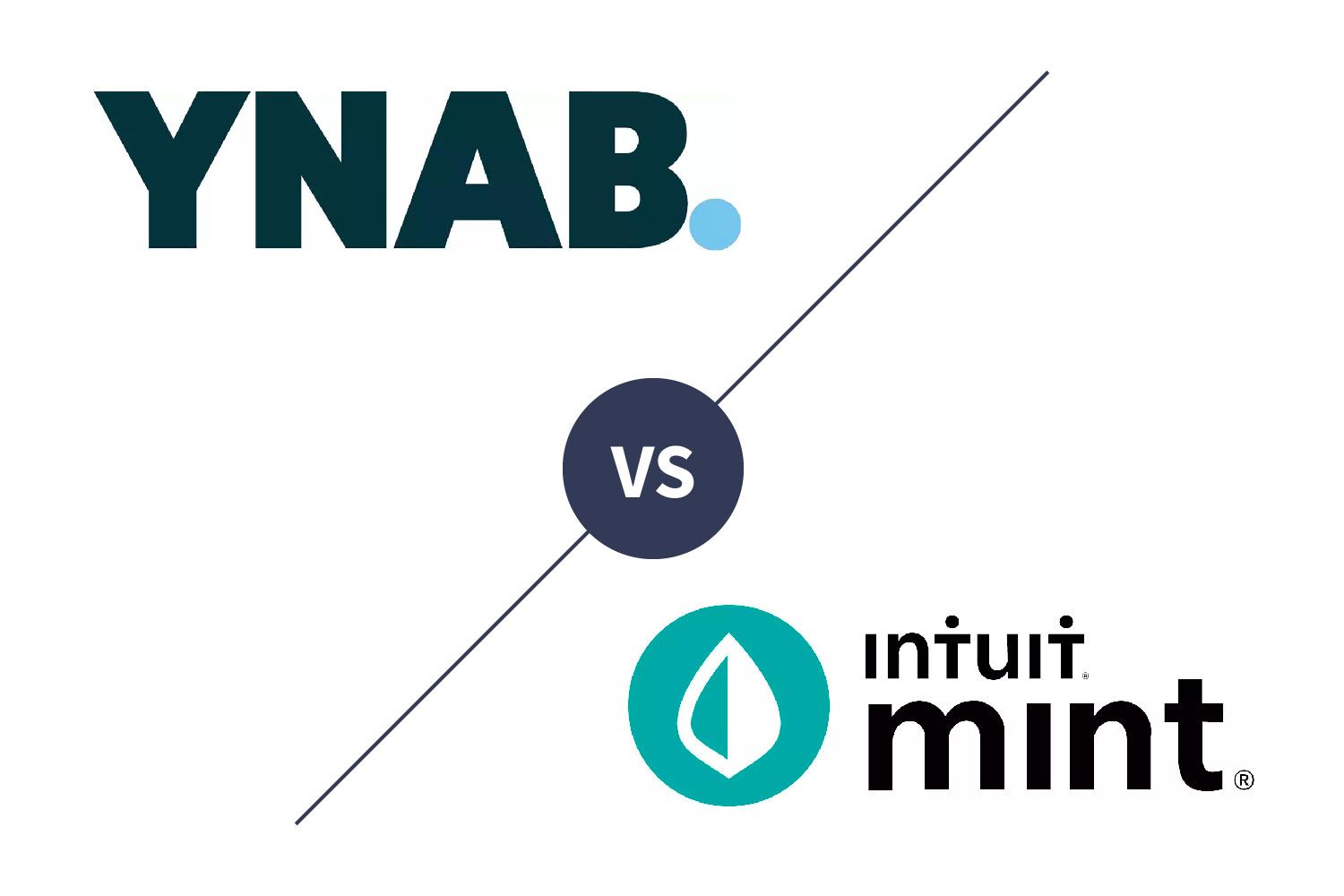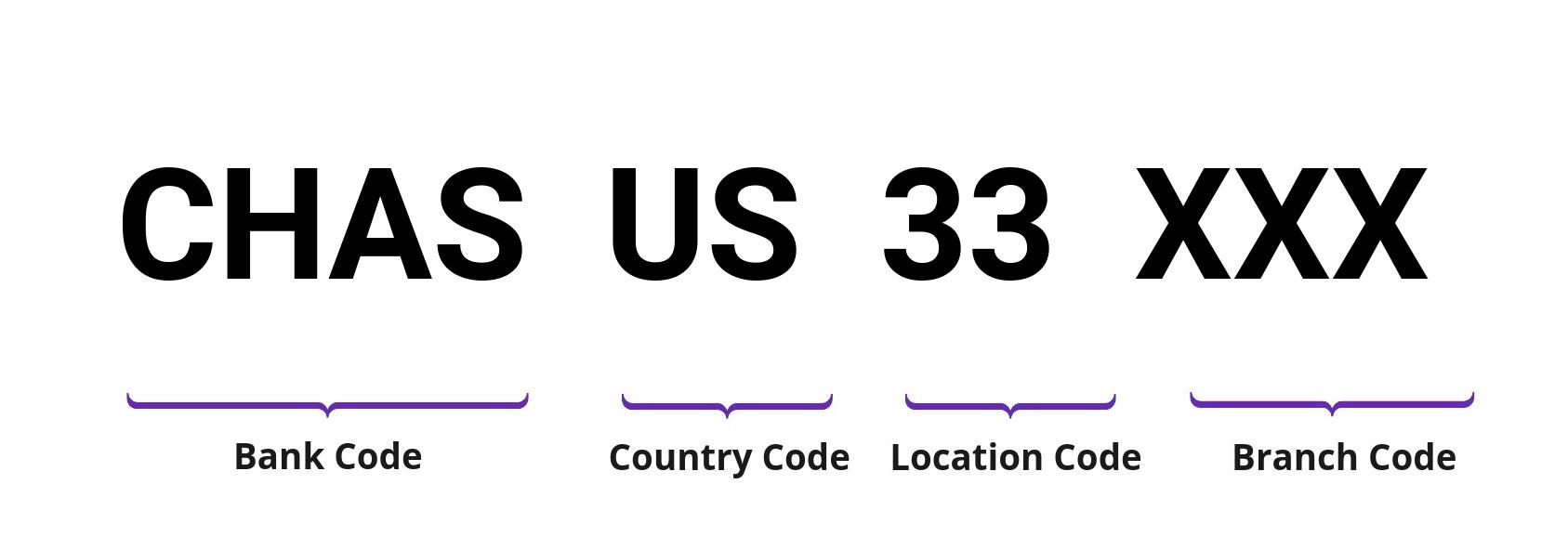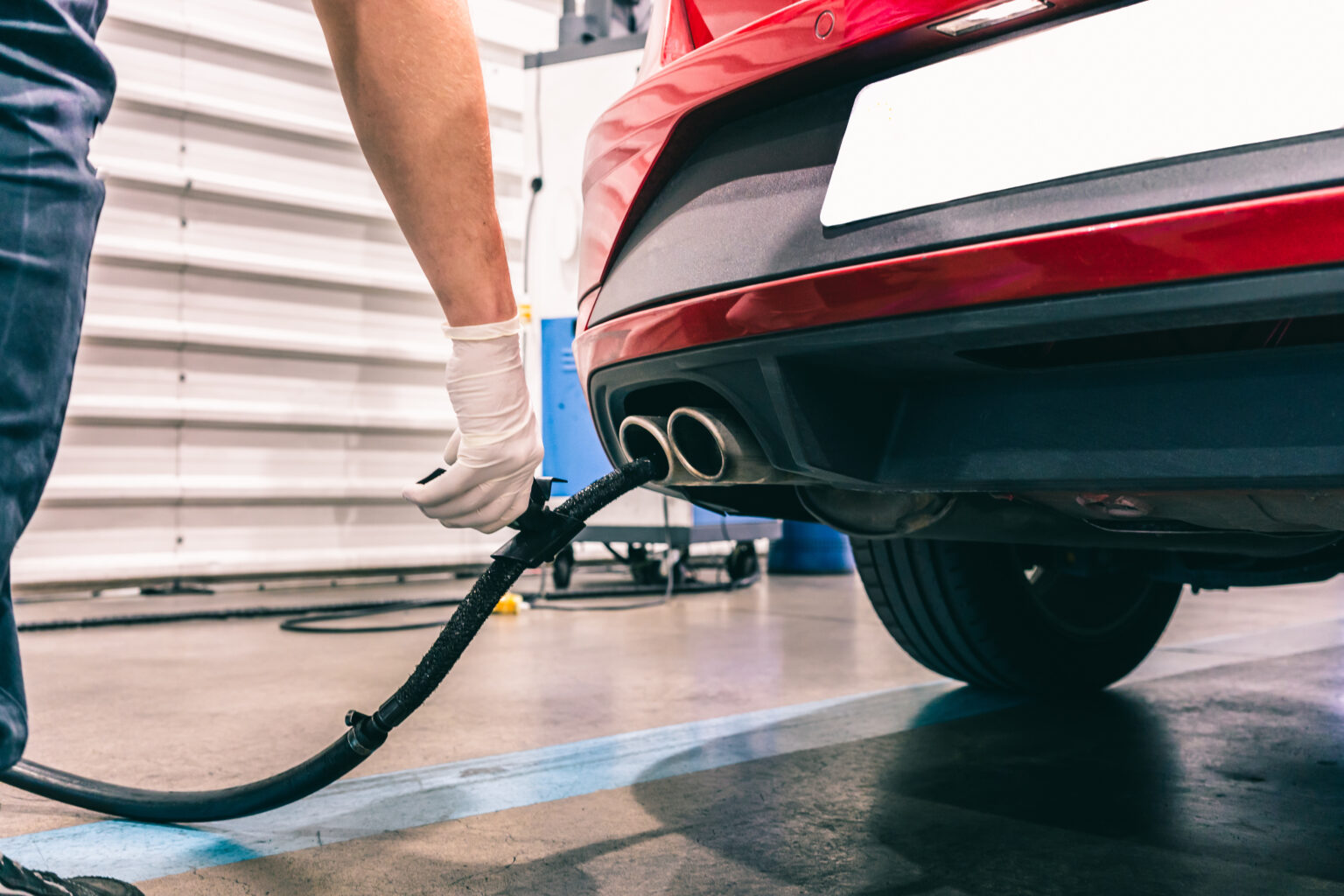Ever heard someone say their car is a “lemon” and wondered what that actually means? In the car world, a lemon car is a vehicle that has a major defect or malfunction that makes it unsafe or unreliable to drive. While definitions vary by state, these defects can include faulty brakes, engine issues, transmission problems, or malfunctioning lights.
Quick Facts About Lemon Cars
- A lemon car has significant defects that can’t be fixed after repeated repair attempts.
- Both federal and state lemon laws may protect buyers, but coverage can vary.
Learn more about auto safety standards from the National Highway Traffic Safety Administration (NHTSA).
How to Identify a Lemon Car
If you bought your car from a dealership and they can’t repair it after a reasonable number of attempts, your vehicle might qualify as a lemon under state lemon laws. Common signs include:
- Dead engine or recurring engine issues
- Transmission problems
- Defective steering or brakes
- Electrical or lighting malfunctions
Tips to Avoid Buying a Lemon Car
- Do Your Research
- Read reviews of the vehicle model to gauge reliability.
- Federal law mandates dealers provide a Buyer’s Guide for each vehicle, including used cars. This guide shares warranty info, “as-is” sales terms, and access to a vehicle history report.
- Vehicle history reports list prior collisions, flood or fire damage, and other major incidents.
- Get an Independent Mechanical Inspection
- A certified mechanic can uncover issues not listed in the Buyer’s Guide or history report.
- Check for manufacturer recalls and technical service bulletins for your vehicle’s model. SaferCar.gov is a great resource.
- Inspect the Vehicle Yourself
- Look for exterior damage, mismatched parts, and repair signs.
- Test doors, hood, trunk, and seals to ensure they work properly.
- Check interiors for broken parts, warning lights, seatbelt conditions, and signs of water damage.
- Under the hood, look for corrosion, leaks, or past overheating signs. Ensure fluids are at the correct levels and consistent in appearance.
Know Your Lemon Laws
State lemon laws can differ, but they often complement federal law, such as the Magnuson-Moss Warranty Act, which sets standards for new and used car warranties. If multiple repair attempts under warranty fail, consumers are entitled to compensation.
Some dealerships even offer a 30-day or short-term return policy, but this varies. Learn more about Magnuson-Moss Act.
What to Do if You Bought a Lemon Car
- Contact the Dealer
- Even without a warranty, inform the dealer of the problem.
- Franchised dealers may offer mediation through the Automotive Consumer Action Program.
- Send a Certified Letter to the Manufacturer
- Document your issue and past communications with the dealer. This can help accelerate repairs.
- You can also report the dealership to your state DMV if necessary.
- Seek Legal Help
- Small claims court may resolve the dispute.
- Attorneys specializing in lemon law can be found through the National Association of Consumer Advocates. Your state’s Consumer Protection Office can also assist.
Buying a car is exciting, but knowing how to spot a lemon car can save you time, money, and frustration. Do your research, inspect the car thoroughly, and understand your rights under federal and state lemon laws.





























